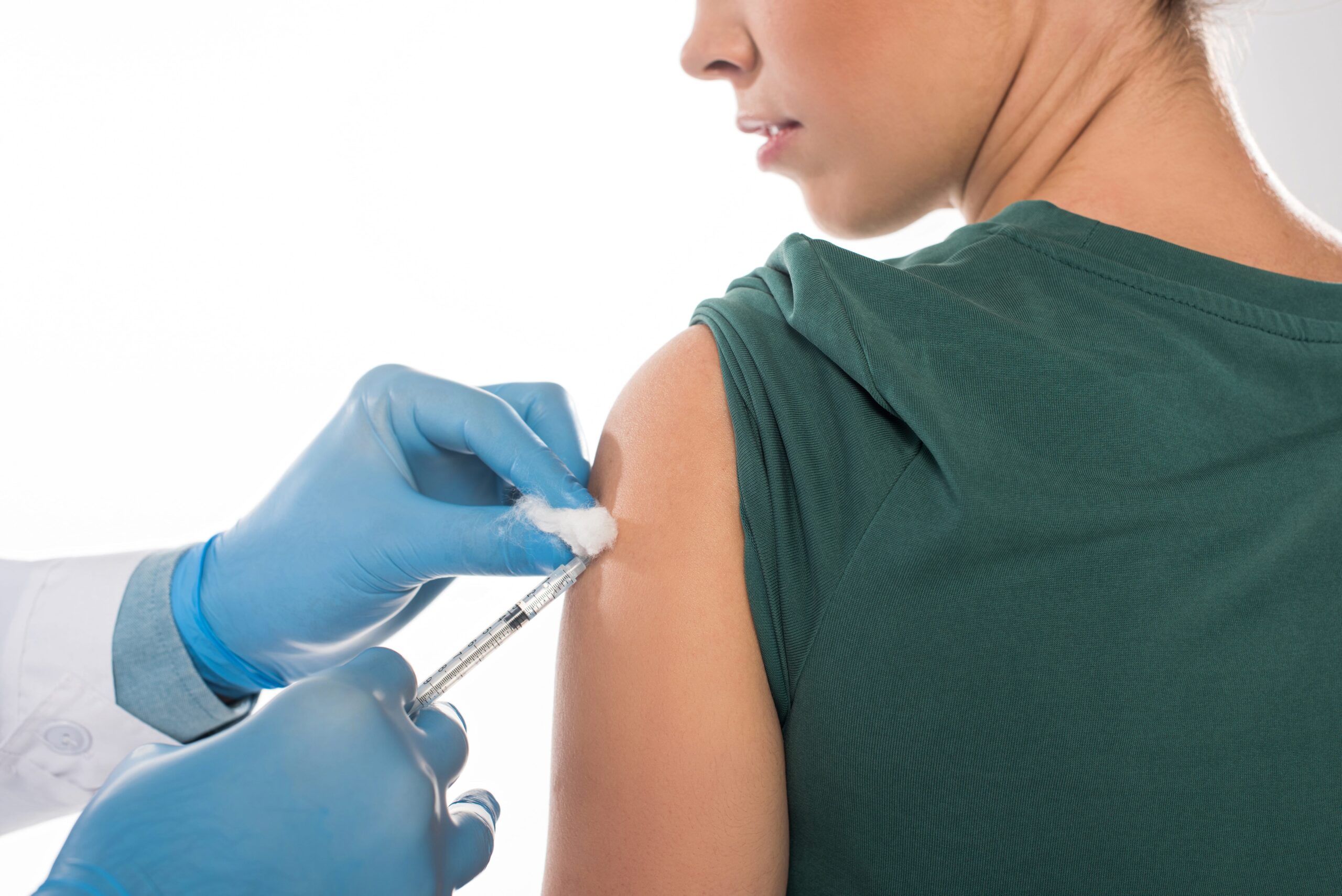Although mosquitoes measure less than an inch and weigh a mere 2.5 milligrams, the disease burdens they carry make them the “deadliest animal on Earth,” according to the U.S. Centers for Disease Control and Prevention. When female mosquitoes feed on human blood, they may also transmit diseases, with malaria and dengue having the highest morbidity and mortality, while West Nile virus, Zika, chikungunya, and yellow fever remain serious health threats. As new vaccines against mosquito-borne illnesses advance, researchers are also testing a universal vaccine approach.

Global Disease Burden
Globally, the World Health Organization estimates that there were 249 million malaria cases in 2022 and 608,000 malaria deaths, with 94 percent of cases and 95 percent of deaths occurring in the WHO African region. About 80 percent of malaria deaths in the region occur in children under age 5. “It’s a big problem and there’s a lot of people that suffer because of [mosquito-borne illnesses] around the world,” said Matthew Memoli, director of the Laboratory of Infectious Diseases Clinical Studies Unit at the National Institute of Allergy and Infectious Diseases at the National Institutes of Health (NIH). Although rare, there have been cases of malaria and dengue in the United States, leading some experts to suggest that the disease risk is increasing due to climate change.
Advancing Vaccines
The first vaccine against malaria, GSK’s Mosquirix, was approved in 2021, albeit with a modest 35% effectiveness in preventing infection. The complexity of viruses, parasites, and market-related challenges has hindered progress against mosquito-borne diseases. However, advances have been made, including the WHO’s recommendation of a second malaria vaccine, R21/Matrix-M, developed at the University of Oxford and the Serum Institute of India. In addition, BioNTech is testing an mRNA malaria vaccine, BNT165, in Phase I trials. It uses a multi-antigen approach and is designed to be effective and easy to manufacture.
Two vaccines are currently being deployed against dengue, Sanofi’s Dengvaxia®, and Takeda’s QDENGA®, and one, Sanofi’s YF-VAX®, is in use for yellow fever. In addition, the first chikungunya vaccine, Valneva’s IXCHIQ®, has received accelerated approval from the Food and Drug Administration.
Vaccines against Zika and West Nile virus have faced challenges due to the unpredictable occurrence of these diseases, among other factors. However, Valneva’s VLA1601 targets Zika, leveraging the same platform as IXIARO®, their approved vaccine against Japanese encephalitis. In addition, Moderna is testing its Zika vaccine mRNA-1893 in Phase II trials.
A Universal Solution
Amid these efforts, London-based Seek is developing a universal vaccine that triggers an immune response to proteins in mosquito saliva. The vaccine, AGS-v-Plus, was found safe and effective in a Phase I trial conducted with the NIH. Researchers are planning to conduct a Phase II trial in an area where malaria is endemic. Memoli, who co-led the first study, said, “The beauty of the saliva approach is that it’s nonspecific. It would work against any virus or parasite carried by the mosquito, whereas the specific vaccine is only good against that one organism.” If used with infection-specific vaccines, Memoli says, “You’d have a two-pronged attack instead of a one-pronged attack.” Similar approaches are being studied to disrupt disease transmission from sandfly and tick bites.
Hope for the Future
In conclusion, pharmaceutical developments are bringing renewed hope in the battle against mosquito-borne diseases, with a diverse range of vaccines in various stages of development. As these innovations advance, researchers are hoping to dethrone mosquitoes from their status as the world’s deadliest creatures.
Did you enjoy this blog post? Check out our other blog posts as well as related topics on our Webinar page.
QPS is a GLP- and GCP-compliant contract research organization (CRO) delivering the highest grade of discovery, preclinical and clinical drug research development services. Since 1995, it has grown from a tiny bioanalysis shop to a full-service CRO with 1,200+ employees in the U.S., Europe and Asia. Today, QPS offers expanded pharmaceutical contract R&D services with special expertise in neuropharmacology, DMPK, toxicology, bioanalysis, translational medicine and clinical development. An award-winning leader focused on bioanalytics and clinical trials, QPS is known for proven quality standards, technical expertise, a flexible approach to research, client satisfaction and turnkey laboratories and facilities. Through continual enhancements in capacities and resources, QPS stands tall in its commitment to delivering superior quality, skilled performance and trusted service to its valued customers. For more information, visit www.qps.com or email [email protected].





